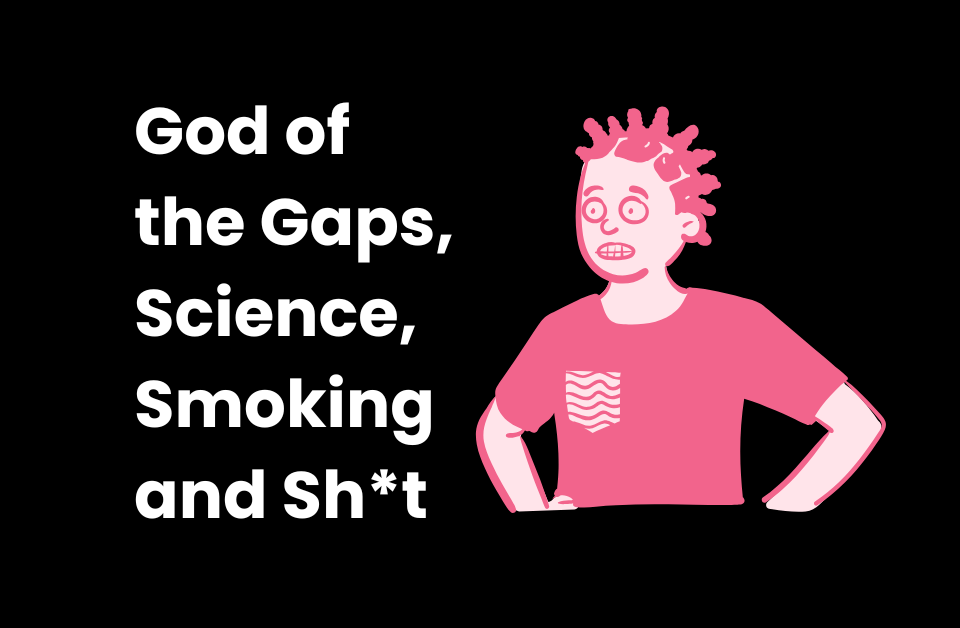
Vibing with Coworkers
September 20, 2024The consensus gentium, or the “general agreement of mankind,” is a fascinating concept that has intrigued philosophers, theologians, and jurists throughout history. At its core, the consensus gentium represents the shared understanding, beliefs, and experiences that unite humanity across cultures, religions, and geographical boundaries.
Where the Heck It’s Coming From?
Short answer: Ancient Greece.
The idea of the consensus gentium can be traced back to ancient Greek philosophy, particularly the works of my boy, Aristotle. Aristotle believed that philosophical investigations should begin with examining the consensus of mankind and the consensus of the wise (the consensus sapientium). He recognized that while the consensus gentium is not an infallible guide to truth, it often represents common human experience and serves as powerful evidence of truth.
The Consensus Gentium and the Nature of Time
One of the most striking examples of the consensus gentium is the shared understanding of the nature of time. Across cultures and throughout history, human beings have consistently understood time as linear, divided into past, present, and future. This common experience is so fundamental that it would be virtually unthinkable for any human community to lack a concept of time.
UNTIL NOW.
Nah fam, I got nothing. Just that this thing is not perfect. It has limits.
The Limits of the Consensus Gentium
Throughout history, there have been instances where the consensus gentium has been challenged and overturned by new knowledge and understanding.
In fields like mathematics, consensus does not hold; mathematical truths are not subject to popular opinion. For instance, if a majority were to agree that 2+2=5, it would not change the objective reality that 2+2=4. This illustrates that some truths exist independently of human agreement.
It can be manipulated too babes.
The idea that truth can be manufactured through organized consensus poses ethical concerns. If a majority can declare something true simply by agreeing upon it, this opens the door to manipulation and coercion, where power dynamics can dictate what is accepted as truth rather than objective reality.
So What the F*ck Did You Just Read?
There’s a lesson somewhere here.
If there is stuff that everybody agrees on, like the nature of time, the definition of the color red, the unbearable lightness of being, and so on, it could simply be wrong. However, we should not go about the world assuming everything we believe is fake. It very well could be, but to reject everything is as stupid as to accept everything.
Now What?
In life, love, business, and whatever you do dearest gentle reader, look at the things you believe simply because everybody else does. Pick it apart, and examine it.
That’s it. That’s the article.
If you want to dive deeper into this topic, do so at your own volition. There’s a very weird interview from:
Philip K Dick speech in Metz, France, 1977
Don’t tell me I didn’t warn ya.





